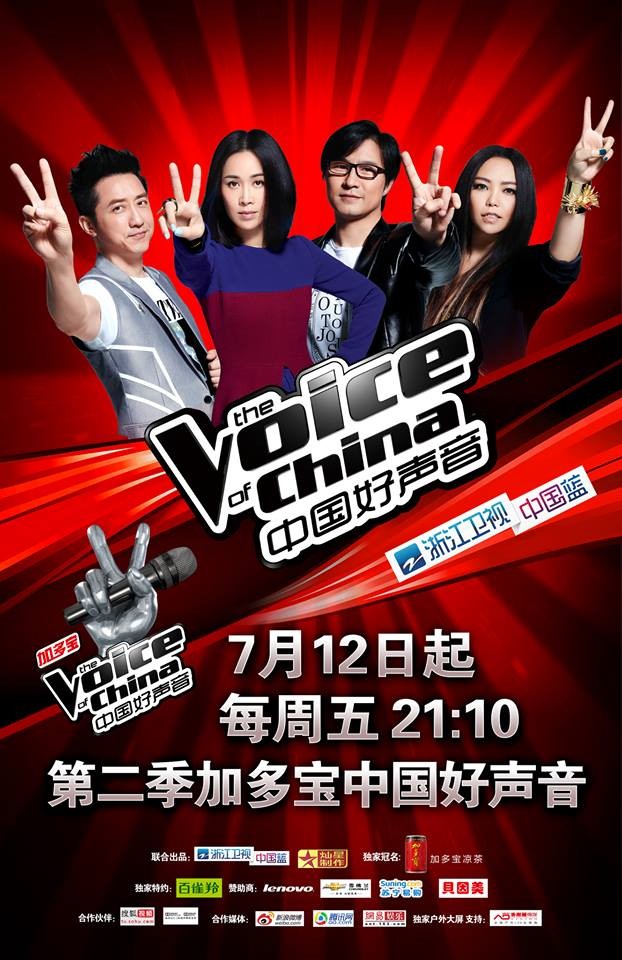Many netizens are up in arms over the new requirement by the Singapore/Malaysia edition of “The Voice” to require the contestants to know how to speak and sing in Mandarin. The new rule would leave out a lot of good singers from joining the reality singing contest.
Commercially Viable Option
mm2 Entertainment, co-producer of the show with Astro and StarHub, defended the new language requirement. When the producers acquired the format license in Mandarin, it was based on an assessment that it is the most commercially viable option, Strait Times reported.
It got the rights to produce the Singapore/Malaysia edition of “The Voice” in the Mandarin language which is how the contestants would communicate with the unidentified judges of the show. Online auditions for the contest began on Friday. However, the show is open to all nationalities, but the contestants must speak and sing in Mandarin.
The show producer said the Mandarin format is the most commercially viable because “The Voice” would air on the Hub E City in Star Hub in Singapore and AEC in Malaysia. The majority of shows of the two broadcast firms are in the Mandarin language.
Integral to the Show Format
“The ability of the contestants to communicate effectively in Mandarin becomes a necessity for the execution of the production as contestants are required to engage the judges extensively, including during the coaching sessions, which are integral to the show format,” the mm2 spokesman said.
Among those who opposed the Mandarin format is Graham Perkins, chairman of The Music Society, a non-profit music organization in Singapore. He pointed out that a great singing voice could sing in any language and still be recognized.
English is the language used in “Singapore Idol,” the local franchisee of the “American Idol.” Since “The Voice” was launched in 2010, it has been held in different languages in various countries where it is held. “The Voice of Holland,” the original version of the reality show, is in the Dutch language.
Bandwagon added that even contestants who speak and sing other Chinese languages, such as Cantonese or Hokkien, would not be allowed to be part of “The Voice” Singapore/Malaysia edition.



























